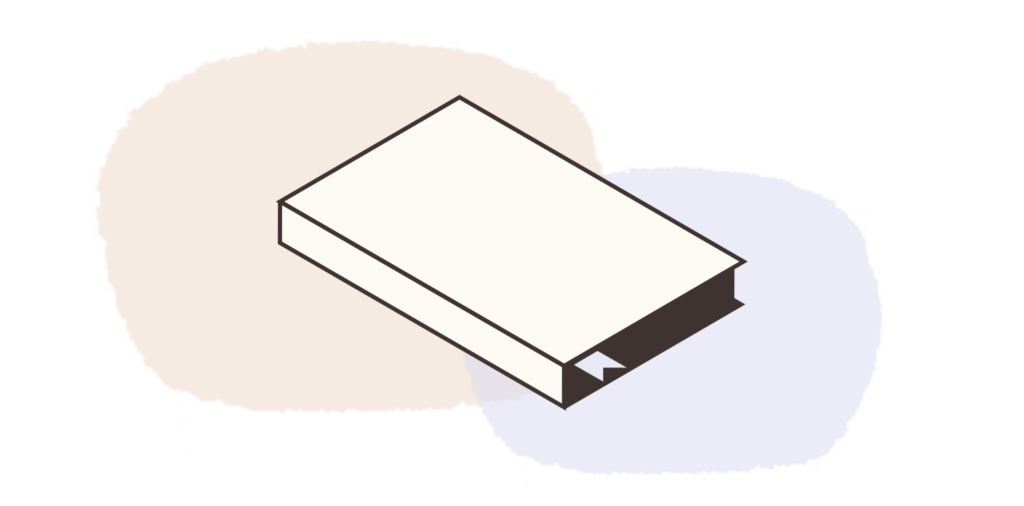Wellness practices are in high demand. What was once reserved for the woo-woo crowd has, in the wake of the pandemic, gained focused attention from the scientific community, Fortune 500 employers, and public policy makers.
The most promising tools and techniques to emerge (or in some cases re-emerge) in recent years are: journaling, mindful reflection, breathing exercises, gratitude, and Acceptance & Commitment Training.
I’m feeling a little too calm and focused today… said no one, ever.
These practices can reduce stress, anxiety, and cognitive overload. They also increase our focus and resilience. When used consistently, they help us develop healthier coping mechanisms for handling the challenges that modern life throws our way.
That’s something we can all relate to, after a year like 2020.
Kai is based on wellness practices supported by science
✍️ Journaling: Untangle your mind
Journaling is an especially powerful practice that has been shown to support a broad range of positive outcomes. From meeting goals, to reducing stress, managing depression, and even strengthening our immune systems. This can look different for everyone, but the central premise is that journaling helps us create space and distance to untangle our thoughts and emotions. As we gain insight, we grow self-awareness. The regular insights that journaling provides help in making decisions that serve us better in the long run.

🧘 Mindful Reflection: Find your happy place
Slowing down throughout the day and taking time to check in with ourselves cuts through the noise – internally and externally. By tapping into states of mindful reflection on a regular basis, we can conserve energy and become less reactive. Research shows that these practices have been successfully used to manage work-related stress, support weight loss, relieve chronic pain, and reduce symptoms of insomnia.
👃 Breathwork: From monks to Navy SEALs
The science of breathing is rooted in ancient wisdom, but today we know that breathing techniques can help us regain mastery over the hippocampus and prefrontal cortex – areas of the brain responsible for memory and rational thinking. Different breathing techniques can support specific emotional and mental states. For example, Navy SEALs practice a technique called ‘Box Breathing’ which develops their abilities to remain calm and focused, while ‘Tactical Breathing’ is taught to face stressful situations in combat.
🙏 Gratitude: Hard to classify, easy to feel
Social and psychological research links gratitude to a wide range of positive outcomes, from improving our decision-making abilities, to relieving symptoms of depression, and increasing relationship satisfaction. Practicing gratitude cultivates our ability to look for the good and improves our subjective experience of life, regardless of circumstance. In unscientific terms, it teaches us to let in the light instead of attempting to conquer the darkness.
🙆 ACT: Acceptance & Commitment Training
ACT, short for Acceptance and Commitment Training or Therapy, is a mindfulness-based approach that focuses on increasing psychological flexibility by treating pain and discomfort as facts of life that we can learn to use for personal growth. It has been called the new wave of CBT or Cognitive Behavioral Therapy. ACT differs from the more traditional CBT, in that it doesn’t try to change destructive thoughts or behaviors. Instead, it teaches skills for helping us to accept them. ACT is supported by a high standard of empirical evaluation that is recognized by professional groups including the American Psychological Association and the Society of Clinical Psychology.
How Kai works
As the scientific research on wellness practices continues to grow, the driving question is not whether they work, but rather how to incorporate them into our daily lives and make them more accessible. That’s where Kai comes in.
Kai is designed to stick
Kai’s format is frictionless – delivered straight in a messenger app as a guided conversation with an intelligent, caring companion. Using Kai makes it easier to turn the best wellness practices into habits and enjoy the benefits.
Kai is always there
Unlike traditional therapy which is generally limited to an hour a week, Kai is always available, anytime, anywhere, 24/7. While it doesn’t aim to replace a therapist, Kai’s protocols can be used as ongoing support to enhance therapy work. Plus, it’s AI-based learning machine helps you build a personal journey to wellness that is supported by a toolbox of the latest evidence-based research.
References
Journaling
- Scientific American on how writing can help injuries heal faster
- American Psychological Association on how journaling supports our immune system
- New York Times on journaling and self-care
- Health Psychology & Behavioral Medicine on emotionally expressive writing and eating disorders
- Positive Psychology on the benefits of journaling
Reflection & Mindfulness
- The Harvard Gazette on when science meets mindfulness
- The journal Mindfulness on mechanisms for improving sleep
- Annals of Behavioral Medicine on mindfulness and treatment of chronic pain
Breathwork
- Harvard Business Review on why breathing reduces stress
- Cognition & Emotion on the benefits of breathing for regulating emotions
- International Journal of Preventive Medicine on the effects of yogic breathing
Positive Bias
- Time Magazine on research supporting the health benefits of gratitude
- MAYO Clinic on practicing positivity for stress management
- PositivePsychology.com on the psychology of positivity bias
Acceptance & Commitment Therapy





